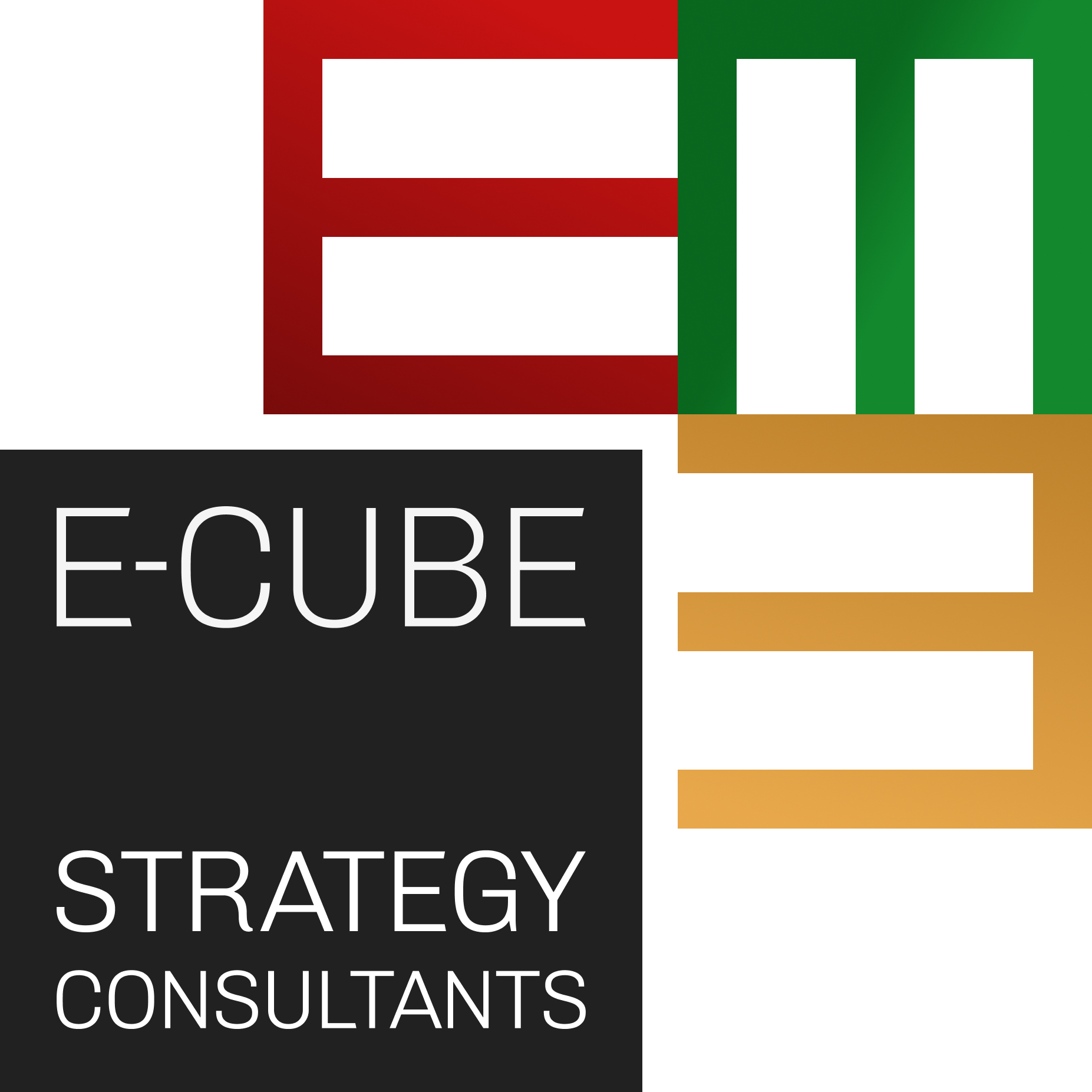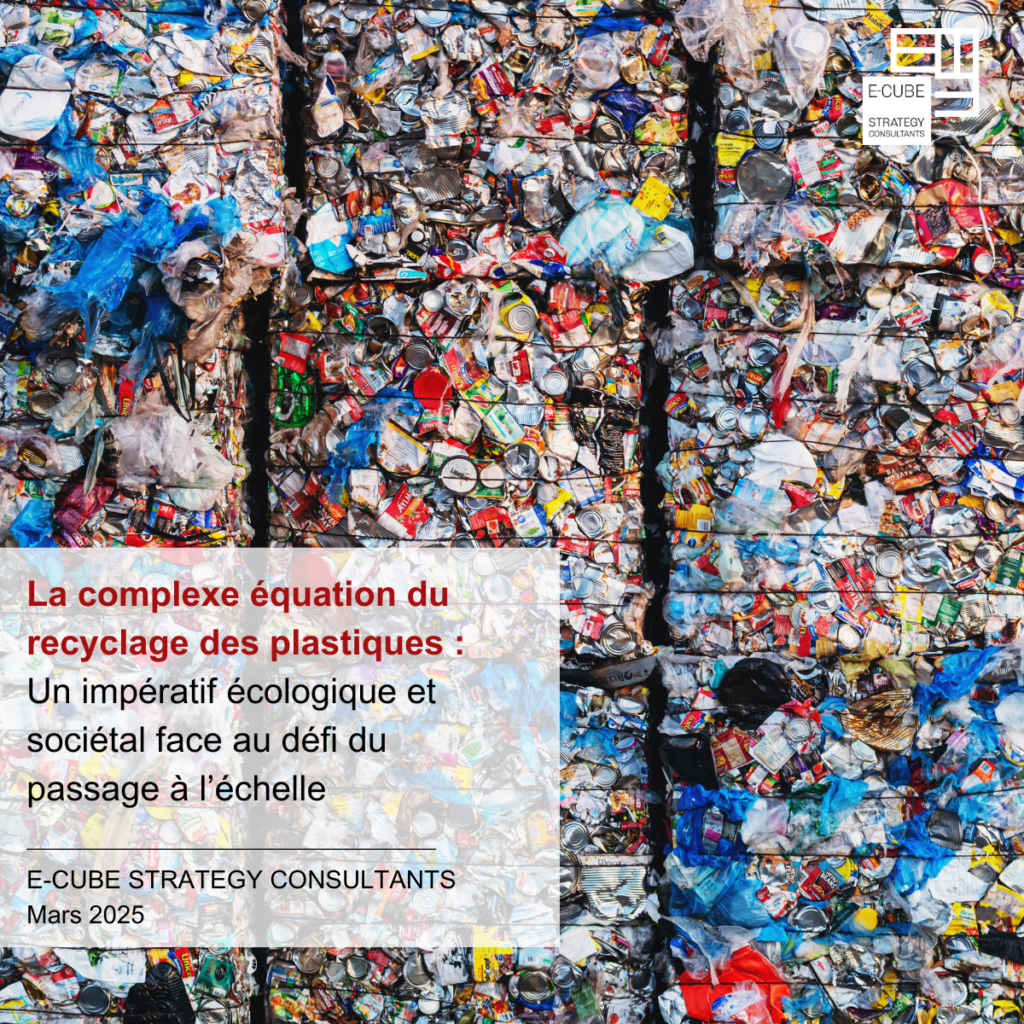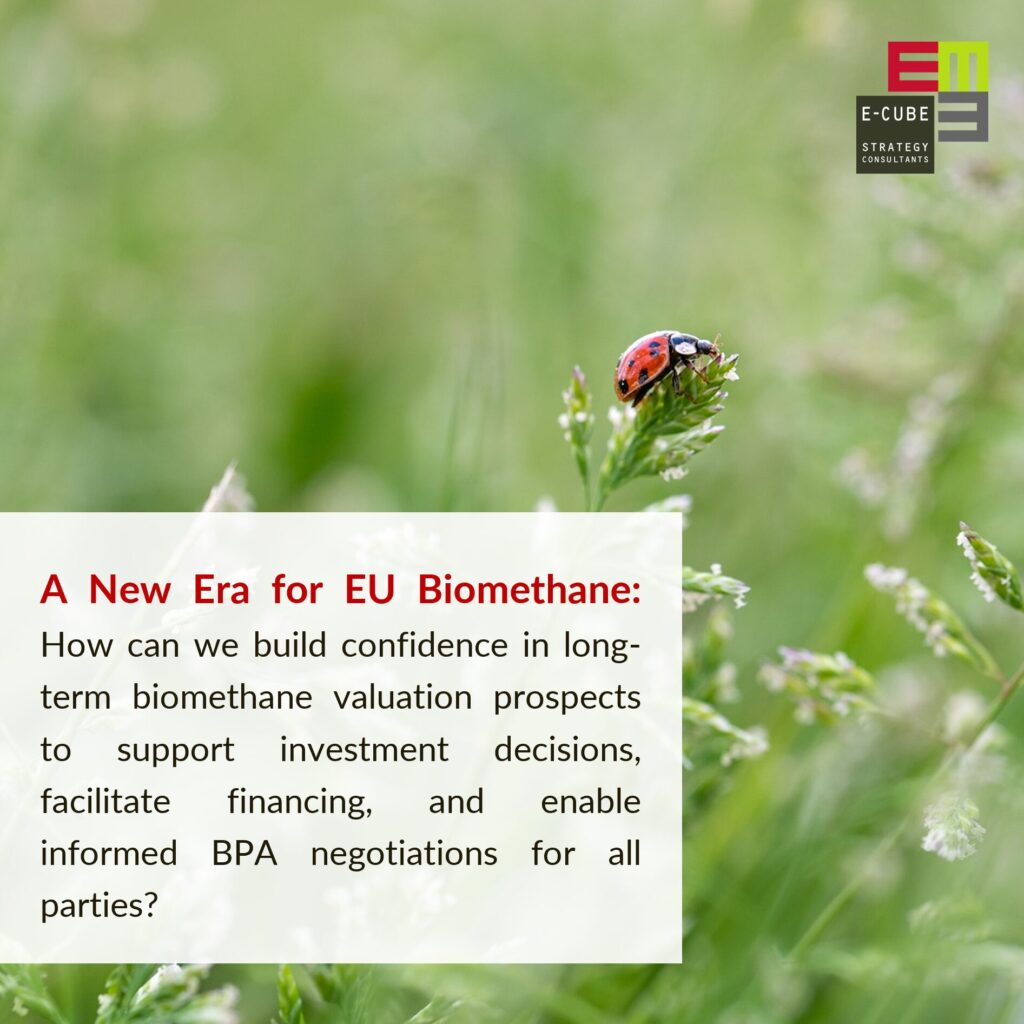Climate Strategy & Decarbonisation
E-CUBE works alongside C-level executive teams of large corporations and mid-sized companies to adapt corporate strategies to climate challenges and align decarbonisation objectives with commercial and financial goals.

Climate Strategy & Decarbonisation
E-CUBE positions itself as a forerunner for General Management and the strategic divisions of companies in adapting corporate strategies to the climate challenge and aligning decarbonisation ambitions with commercial or financial objectives.

In detail
Decarbonisation has become an imperative topic for CEOs and shareholders. Our consultants are trained in implementing corporate strategy methodologies and applying their expertise in energy, climate, and carbon accounting. We help our clients reconcile decarbonisation objectives with strategic, commercial, and financial goals and ensure their successful implementation.
The decarbonisation of industrial, logistics and tertiary sector activities will require heavy investment in new equipment and processes to improve energy efficiency, change the mix of energy and materials supplies and, more broadly, innovate in terms of processes and products – which involves major technical, financial, economic and change management challenges. This involves, for example, making electricity consumption greener by signing long-term contracts or PPAs, modifying certain processes or energy carriers, financing very significant levels of investment with IRRs or risk management approaches that are sometimes incompatible with current practices, etc.
E-CUBE helps companies’ senior management and strategic divisions to answer two key questions: “What are the impacts of climate change and the energy and ecological transition on my strategy, my products or my business/sourcing model?” and “As part of my contribution to the energy transition, how ambitious should I be in terms of decarbonising my activities and how should I go about it?
Our work is based on an analytical approach to investment issues and, in particular, technical and economic models that allow us to project uncertain energy and carbon price trends and to meet short- and medium-term financial and commercial objectives. We provide decision support in an area that remains complex for companies to grasp.
Our focus areas
Decarbonisation Strategy
GHG inventories (Scopes 1, 2, 3), Net Zero targets, sectoral and territorial roadmaps, carbon offset strategies.
Industrial Ecology
Energy mutualisation, reuse of material and energy flows, industrial waste recovery, local circular loops.
Circular Economy
Mechanical and chemical recycling, secondary materials, waste reduction, circular design, and conception.
Climate Resilience and Risk Management
Analysis of physical risks (floods, heatwaves, etc.), transition risks (carbon markets, climate taxes), and adaptation plans.
Sustainable Business Models
Transition to low-carbon products and services, alignment with stakeholder expectations (ESG), and integration of circularity into value chains.
Climate Innovation and Green Financing
Emerging climate technologies (direct carbon capture, neutral materials), impact investments, etc.
Our expert’s voice
The voice of our expert

“Companies need to plan their decarbonisation, and to do this they need to identify the levers available to them. They can define strategies based on electrification, synthetic gases and hydrogen, or other renewable resources, taking into account their specific characteristics and industrial processes.”

Bruno Meuriot
Project Manager, Co-Head Deutschschweiz





